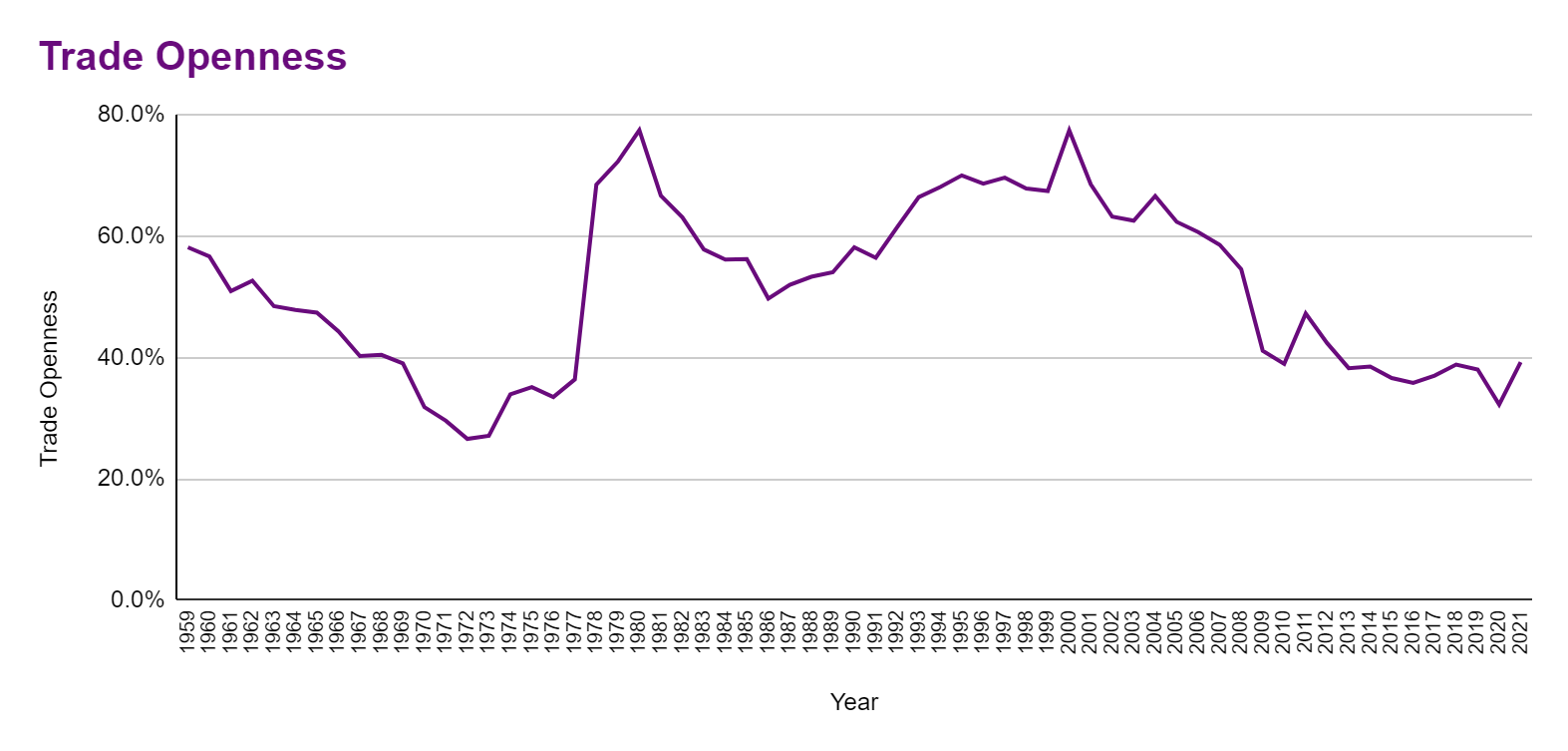Originally appeared on The Morning.
By Dhananath Fernando
Over the years, our definition of ‘freedom’ has become full of flaws. We took freedom for granted and we lost both our freedom and independence. Even though we gained independence in 1948 from Great Britain, we have no understanding of what real freedom is.
We fail to understand that freedom comes at the cost of hard work, courage, respect, the ability to cooperate, and being competitive with the world. There is an ecosystem we should have built if we really want to be free. We did not build that ecosystem, so over the 75 years of independence, we question ourselves and argue back, asking, “Are we really free?”
Prof. Amal Kumarage in a recent tweet has asked this question very eloquently on independence and freedom.
“I’m confused as to what’s happening on 4 February in #SriLanka. Is it:
1. A fake celebration of a real independence,
2. A real celebration of a fake independence, or
3. A fake celebration of a fake independence?”
Freedom is an alluring subject to many as people in general summarise freedom to being liberated to have an easy life, getting things free of charge. Over time, as the dire need for freedom kept rising, the wrong seeds of freedom grew by encapsulating and manipulating the idea of freedom to a level where people truly believed that we are entitled to many benefits even though we lack the resources.
The drive down the tunnel of distorted versions of freedom led to many ethnic and religious turns over the years, believing that freedom is restricting someone else’s freedom for the betterment of someone else.
This is similar to a situation where a child learns the wrong values or habits without realising they are wrong and instead thinking they are right. After 75 years of practising the wrong values and ethics, we now have an operating system which we try to sustain with unsustainable resources. That is a brief summary of insights on our 75 years of independence.
During that journey of 75 years, we have failed to understand the damage done by the existing system to our competitiveness and productivity. We simply became irrelevant in the world over a period of time. By deciding not to compete with the world, we decided to sacrifice our freedom.
Our decision to not compete with the world mainly came through our economic policy. We simply misread the world and future of the world. In a world of sharing resources and collaborating for each other’s benefit and independence, we thought that real freedom is the ability to produce everything on our own.
We supported the narrative of ‘self sufficiency’ when the world actually moved away from self sufficiency to interdependence. As per the Fraser Institute’s Economic Freedom of the World Index, Sri Lanka has been ranked at the 138th position out of 165 countries based on our ‘Freedom to Trade Internationally’. Though we claim we are an open economy, the facts say otherwise. In terms of our openness, we are at one of our lowest points.
My father used to say: “If you think you are the smartest person on the street, it is time to change the street.” This is because an uncompetitive environment does not support growth. Without growth, no wealth will be created nor will there be freedom or independence.
When we isolate ourselves from global trade, we avoid competition. Avoiding competition means we are out of touch with the real needs and wants of people. Not only that, we try to become dependent on the world without contributing anything to the world or to its maximum utility of resources. Being open to competition is what keeps us all competitive and relevant.
Real freedom is the freedom to compete and be competitive in a global landscape. Even when we are one of the closed economies in the world, we are open for global competition. Our IT, apparel, tea, and rubber sectors and even unskilled labour that contribute with remittances are competing at a global level.
When we are really competitive it provides us the tools and freedom to change the direction of our fellow human beings and to support humanity. That comes only through the freedom to trade. That is the real freedom we should all aspire to. We are far from this and we are moving further away, but at least it is important to keep the idea alive so that one day someone can move towards it.
A fake celebration of a real independence,
A real celebration of a fake independence, or
A fake celebration of a fake independence?
According to Prof. Kumarage, it is difficult to judge what we are actually trying to do this year, but we should aspire to have real freedom and this real freedom comes at the cost of hard work, free exchange, and free trade by being relevant and competitive in relation to the world.
Source : Central Bank of Sri Lanka
The opinions expressed are the author’s own views. They may not necessarily reflect the views of the Advocata Institute or anyone affiliated with the institute.



